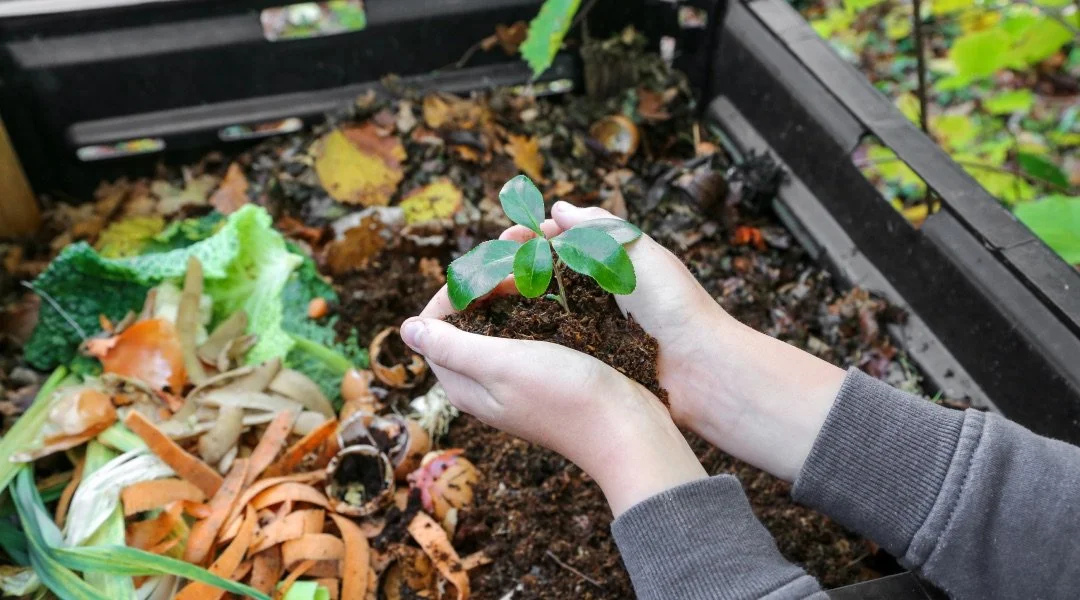Compost for the Climate
They call compost black gold for a reason
Did you know you can now include food waste in your green bin?
Thanks to a new law, LA County is closer than ever to reaching its goal of composting 100% of household waste by 2028, and reducing solid waste generation per capita by at least 15% before 2030.
Why are these goals crucial, you may ask? Science shows that when organic waste is dumped into landfills and decomposes, it creates methane. Methane is a "super-pollutant" that warms the Earth at an alarming rate—it's more than 25x more effective than CO2 at trapping heat in the atmosphere.
Composting is a key action we can all take right now to reduce methane emissions—and it might be easier and less smelly than you've previously heard.
Dashboard.Earth is better on the app.
Learn about compost options available to Angelenos, including how to composting at home
Find out how to get a free collection pail!
Track your compost's impact on the climate
Take Action
-

Compost for climate resilience
Composting reduces food waste and reduces greenhouse gases.
-

Compost at home
Let's bust all the stinky composting-at-home myths.
-

Compost curbside
Get a free collection pail from LASN and compost curbside for free!
-

Compost outside of your home
No space for a pile or no green bin? No problem! Composting outside of your home is easy, too.
-

Busting biodegradable myths
Just because something is biodegradable doesn't necessarily mean it's good for the environment. Here's what you need to know.
-

Track your compost's impact
Register your compost to keep track of the environmental impact you're making!
-

Put your compost to use!
Level up your garden with your own compost. Here's how to apply it directly or make a tea.




